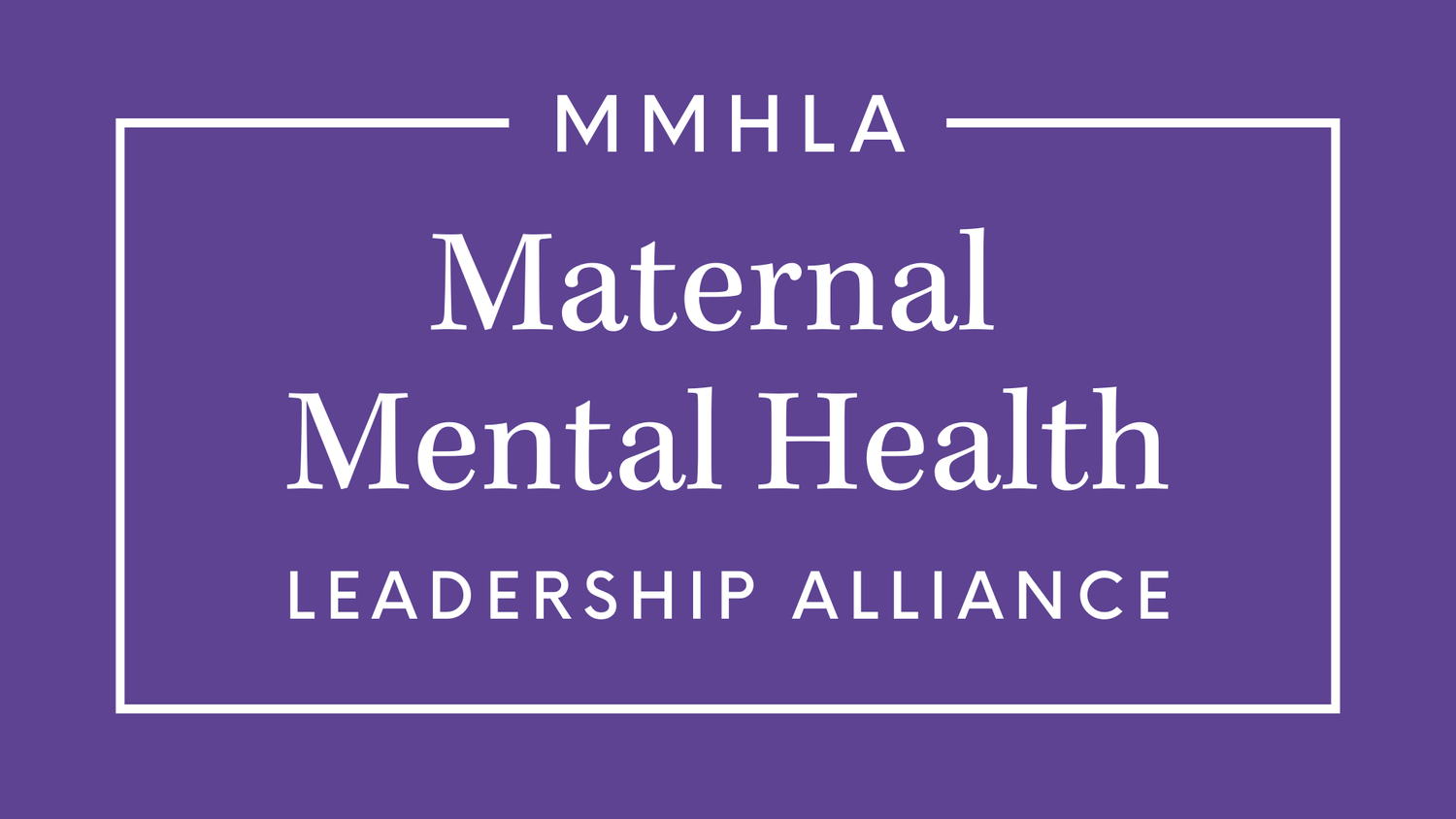Federal Government Announces Final Ruling to Lower Mental Health Care Costs and Improve Access to Mental Health and Substance Use Care
Today is World Suicide Prevention Day, an important and appropriate day for this critical step forward in mental health progress for our nation.
The federal government is building on the years-long progress to achieve mental health parity in the law, which would ensure that insurance companies treat mental health claims and conditions with the same urgency, compensation, and coverage as they do physical health claims and conditions.
This is exciting news in the work to achieve greater mental health and well-being for Americans because one of the largest barriers to mental health diagnosis and treatment has been patients’ challenges with insurance companies denying coverage of mental health services or making mental health services cost-prohibitive. This long-awaited decision helps advance mental health equity and access for all Americans.
MMHLA Founder and Director of Policy & Partnerships, Jamie Belsito, made sure the parity discussion had a consistent maternal mental health advocate voice in this conversation by partnering with the Mental Health Liaison Group, National Council for Mental Wellbeing, Mental Health America, NAMI, and the Kennedy Forum.
There are three ways that this new ruling will ensure mental health care coverage for 175 million Americans with private health insurance is on par with their physical health care coverage.
#1: Require health plans to make changes when they are providing inadequate access to mental health and substance use care.
In 2020, Congress made changes to The Mental Health Parity and Addiction Equity Act — or MHPAEA — that require health plans to conduct meaningful comparative analyses to make sure that they are not making it harder for individuals to access mental health and substance use benefits than it is to access medical benefits. Today’s new requirements make it clear that health plans need to evaluate their provider networks, how much they pay out-of-network providers, and how often they require – and deny – prior authorizations. The outcomes of these evaluations will show plans where they are failing to meet the law’s requirements, and where they will need to make changes to come into compliance, like adding more mental health and substance use professionals to their networks or reducing red tape for providers to deliver care.
#2: Make it clear what health plans can and cannot do.
Health plans cannot use more restrictive prior authorization, or other medical management techniques, or narrower networks to make it harder for people to access mental health and substance use disorder benefits than their medical benefits. Health plans also have to use similar factors in setting out-of-network payment rates for mental health and substance use disorder providers as they do for medical providers.
#3: Close existing loopholes.
When MHPAEA was first enacted, it did not require non-federal governmental health plans, like those offered to state and local government employees, to comply with its requirements. Today’s final rule closes that loophole, and now requires more than 200 additional health plans to comply with MHPAEA, providing critical protections to 120,000 consumers.
These new requirements will help more people get the mental health and substance use care they need while also making sure that mental health and substance use care professionals are paid fairly, hopefully incentivizing more people to join the mental health workforce.
In addition to today’s final rule, the Department of Health and Human Services is also releasing new tools for states to ensure compliance with MHPAEA’s critical protections for the millions of Medicaid beneficiaries enrolled in private Medicaid health plans.
